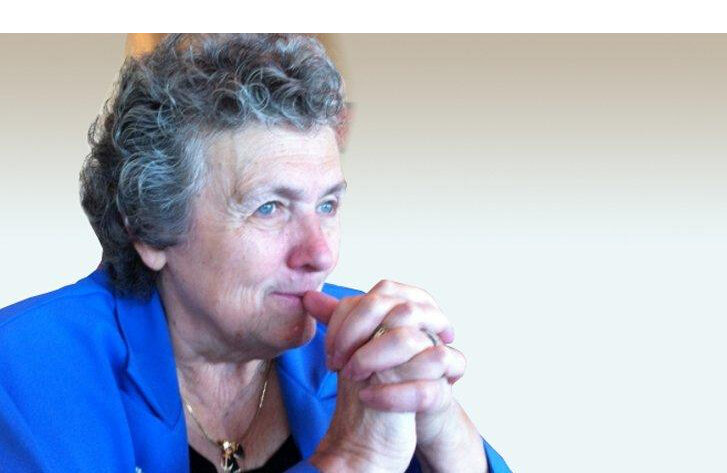
"Belief in Inerrancy May Be Hazardous to Faith (PART 2) — Problems with Biblical Inerrancy" (from: Religious Tolerance.org)
Intentional translation errors: No Bible translation into English is free of bias. Essentially all versions of the Bible are the product of translators who come from a similar theological background. Being human, they sometimes produce versions of the Bible that tend to match their own belief systems. For example:
The original Hebrew and Greek texts contain a number of different concepts for the place where people will live after death: Sheol, Gehenna, and Hades. Some translations transliterate these place names, and so they appear in the English text in their original forms as "Sheol," "Gehenna," and "Hades." The reader is thus aware that they refer to different beliefs about life after death. But…
SPECIAL THANKS TO AND PLEASE SUPPORT RELIGIOUS TOLERANCE.ORG

7 Reasons Why Evangelicals Should Read Thomas Merton by Michael Wright
I first learned about Thomas Merton when I skipped chapel at my Christian high school. I started to meet weekly with a kindhearted Bible teacher who looked through my cynicism and saw a desire for a deeper spiritual life. I’m grateful for those conversations—especially the day he told me about a book written by Merton called No Man Is An Island. As I started reading it, I was excited to find a monastic writer with piercing insights into my own inner life and a Christian mystical tradition markedly different from the subculture around me. It was providential timing: I was slipping into depression that would last for years, and Merton quickly became a friend and guide through a spiritual wilderness. So today, in honor of his birthday and his lasting impact on the wayfarers and mystics among us, here are seven reasons why evangelicals should read Thomas Merton:

“The God of Many Tongues” by Sister Joan Chittister
Each great spiritual tradition, in its own way, suggests a model of what it means to be a holy person. Each of them shines a light on the human ideal. Each of them talks about what it takes to grow, to endure, to develop, to live a spiritual life in a world calculatingly material and sometimes maddeningly unclear.
Every major spiritual tradition—Hinduism, Judaism, Buddhism, Christianity, and Islam—brings a special gift to the art of living the spiritual life. Each of them refracts the light of its own spiritual wisdom texts in particularly sharp and distinct ways. Each of them strikes a different tone in giving the great truths of life that form a chord, a symphony of truth.
BE A SUPPORTER OF SISTER JOAN CHITTISTER’S WORK

